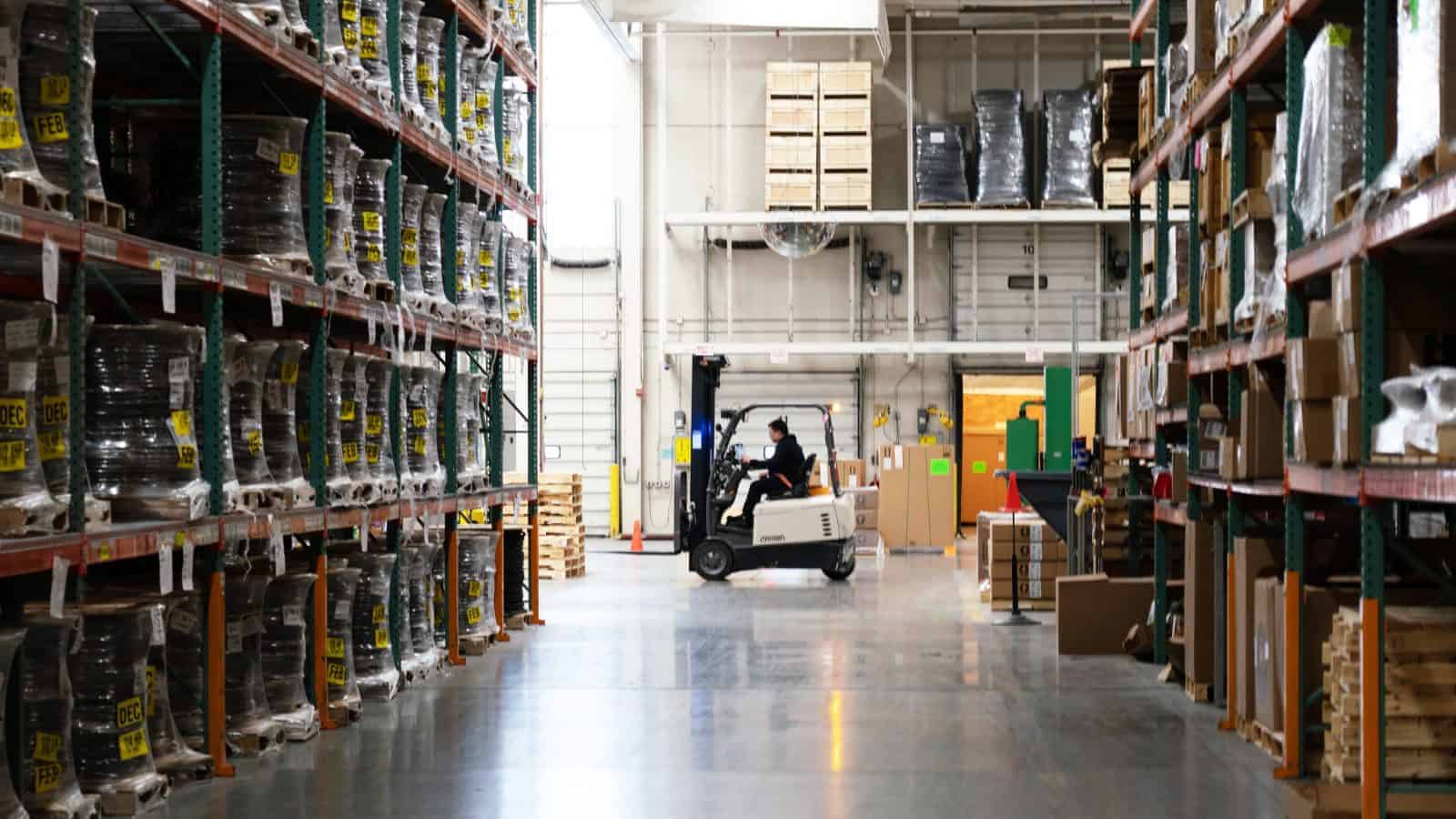Port Operators Ask for Delay of Tariffs on Port Equipment

Operators of U.S. ports say that the Trump administration’s proposed tariffs on port equipment would add tens of millions of dollars in costs to much-needed upgrades (The Wall Street Journal, subscription).
The background: “The administration is proposing tariffs of up to 100% on Chinese-made cranes and other cargo-handling equipment as part of broader efforts to counter China’s dominance of the maritime industry.”
- “Shipping industry officials say the fees would be stacked on top of 25% tariffs on Chinese-made cranes introduced under the Biden administration, and in addition to China duties being considered by Trump’s trade team.”
Chinese dominance: One Chinese company, Shanghai Zhenhua Heavy Industries, is the maker of nearly 80% of ship-to-shore cranes used in the U.S., and Chinese firms produce a total of 70% of all such cranes worldwide, according to U.S. government data.
- Chinese cranes cost about $15 million on average—several million dollars less than competitors’ cheapest offerings, according to shipping industry leaders.
- Meanwhile, there are no domestic U.S. producers of these cranes, nor can smaller manufacturers in other countries provide enough cranes to equip U.S. ports.
The risks: “Administration officials worry China’s control of critical infrastructure is an economic and a national security threat. They also allege some Chinese-made cranes have been fitted with communications equipment that could be used for espionage.”
The ask: Since a typical order for a ship-to-shore crane takes two years to fulfill, “port operators are asking the administration to provide tariff exemptions for cranes ordered before the end of 2024.”
- “They are also asking the [U.S. Trade Representative’s] office to delay imposing levies on new crane orders for three years to give time for crane manufacturing to develop in the U.S., or for manufacturers in allied countries to expand production.”
NAM in action: The NAM has been in close contact with the USTR, advocating for policies that strengthen American shipbuilding instead of imposing burdensome new fees.
- In March, the NAM weighed in on the Trump administration’s plan to impose fees on Chinese ships entering U.S. ports, saying, “The NAM encourages the administration to focus on revitalizing American shipbuilding—not burdening manufacturers in the U.S. through new port fees that will reduce the availability of the necessary cargo capacity at U.S. ports, increase pressure on domestic infrastructure and raise costs that may render American exports less competitive around the world.”
Earlier this week, the NAM followed up with the USTR to stress the burden that these port fees would cause, citing especially the difficulty they would pose for vehicle and liquefied natural gas exports. “We continue to have concerns regarding the overall impact to manufacturers in the U.S. of proposed and impending port fees,” said NAM Vice President of International Policy Andrea Durkin.
